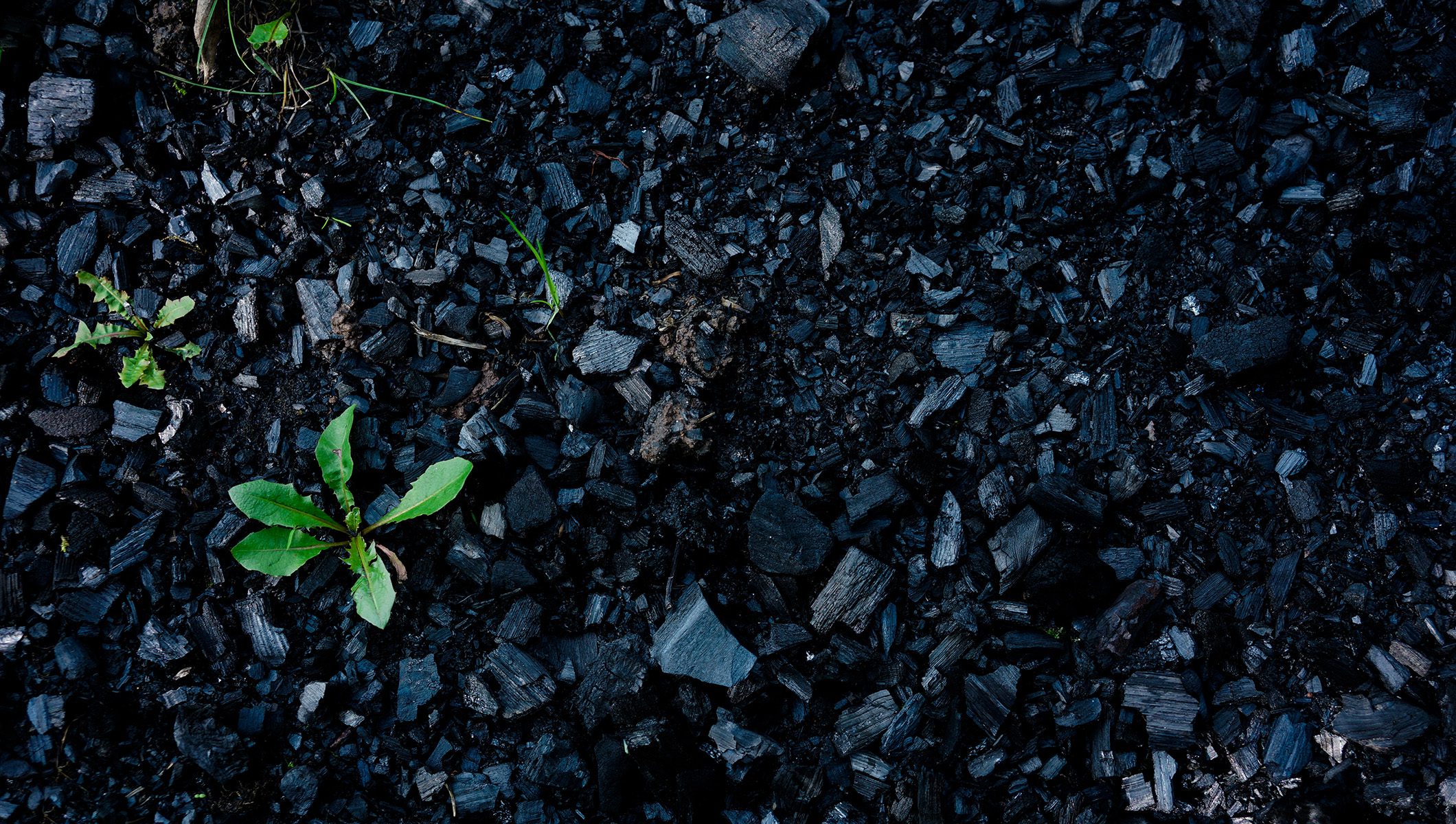🌿 Biochar vs. Conventional Methods.
As global net-zero targets intensify, businesses and governments are turning to carbon capture technologies.
While direct air capture (DAC) and chemical scrubbing receive significant attention, biochar offers a cost-effective, multifunctional alternative with added environmental and social benefits.
⚙️ Traditional Technologies.
DAC systems, which extract CO₂ from ambient air, are highly resource-intensive.
They require vast amounts of energy and cost $600-$1000 per tonne of CO₂ captured.
Similarly, chemical scrubbing processes generate toxic byproducts and are limited to point-source emissions.
🌱 The Biochar Advantage.
Biochar is both a carbon sink and a soil amendment.
Its production process is carbon-negative and generates energy byproducts like bio-oil and syngas.
Costing just an average of $185 per tonne of CO₂ removed, biochar offers a tenfold cost advantage over DAC systems.
Unlike other carbon capture methods, biochar has tangible co-benefits:
- Enhanced agricultural productivity: There are higher yields when using biochar, even in degraded soils (Ye et al., 2020).
- Ecosystem restoration: Biochar helps rehabilitate lands affected by deforestation or overuse (Shirinda, 2023).
📊 Case Study: Scaling Biochar in Agriculture.
In Ukraine, biochar is revolutionizing agriculture.
Its application in war-torn regions is helping rebuild soil health and improve resilience against climate challenges
Call to Action.
Biochar bridges the gap between affordable carbon removal and regenerative environmental practices.
Businesses adopting biochar stand to gain not only sustainability accolades but also long-term economic benefits.
#CarbonCapture #NetZero #BiocharInnovation #Sustainability #ClimateAction
References:
Ye, L., Camps‐Arbestain, M., Shen, Q., Lehmann, J., Singh, B., & Sabir, M. (2020). Biochar effects on crop yields with and without fertilizer: A meta‐analysis of field studies using separate controls. Soil Use and Management, 36(1), 2-18.
Shirinda, H. (2023). Assessing the Potential of Biochar to Restore Degraded Lands (Doctoral dissertation, UNIVERSITY OF VENDA).


Leave a Reply